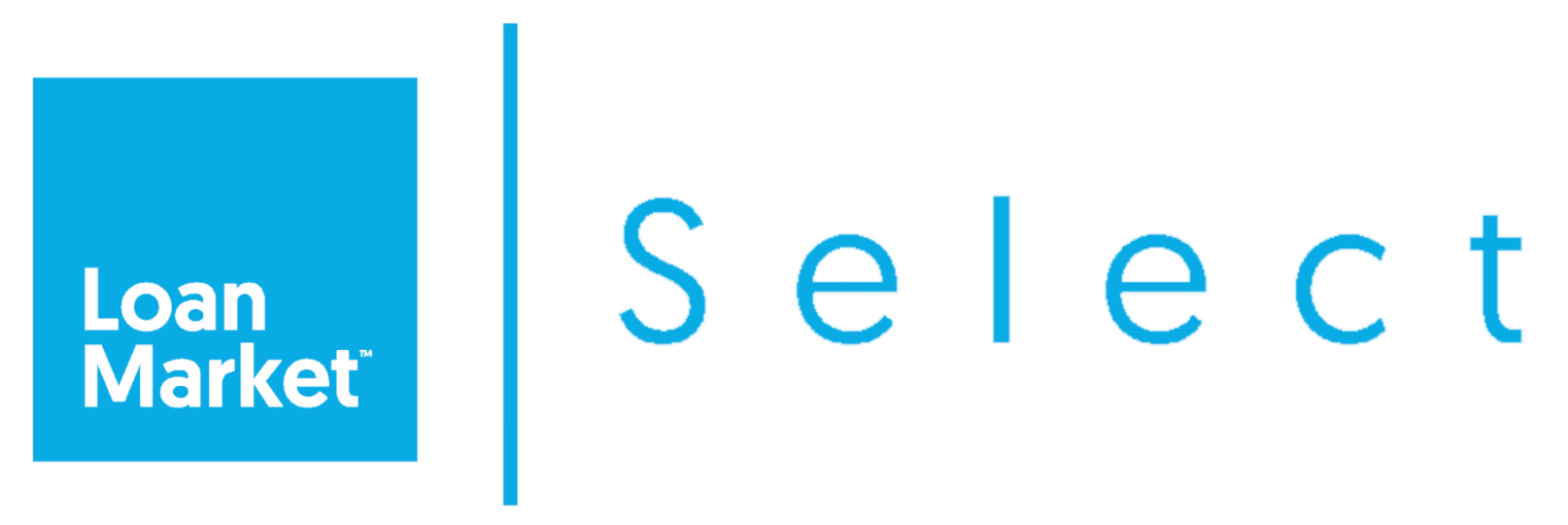Home Loan Application Tips for Doctors: 8 Ways to Speed Up Your Mortgage Approval
This article is by Loan Market Select, your local Mortgage Brokers Northern Beaches Sydney.
Researching Home Loans? Get Free advice from local experts.
Get straightforward advice today — no pressure, no paperwork.
START A QUICK CHAT →Doctors often face unexpected hurdles during the mortgage process. On top of that, long work hours and demanding schedules leave little time for paperwork or back-and-forth with banks, which is why clear and practical home loan application tips for doctors are essential to avoid delays and mistakes.
At MB Northern Beaches, we’ve helped doctors, general practitioners, and specialists across Sydney secure loans that match their financial position and career stage. Whether it’s income verification, credit history concerns, or strategic loan structuring, we understand what matters to medical professionals.
This guide provides eight practical home loan application tips to help doctors expedite the approval process and move forward confidently, whether you're purchasing your first home or exploring investment properties.
Tip #1: Organise Your Financial Documents Before You Apply
The loan process begins with paperwork, and missing or incomplete documents can delay approval by days or even weeks. If you're a doctor with a demanding schedule, having everything ready early gives you an advantage.
You’ll need your last two years of tax returns (from the Australian Taxation Office), a current credit report, your AHPRA registration, valid ID, and a signed employment contract or offer letter. Be sure to include any outstanding credit card debts and details of your investment accounts.
If you work across multiple roles like public hospitals, private practice, and locum shifts, ensure your income verification reflects your full earning picture.
Tip #2: Choose a Doctor-Specific Mortgage Loan for Better Flexibility
Doctor home loans, also called specialist doctor home loans, are built to support the financial profile of medical professionals. They often waive or reduce Lenders Mortgage Insurance (LMI), even with a high Loan-to-Value Ratio (LVR), and may offer flexible features like fixed interest rate loans, variable interest rate loans, or interest-only loans.
Some lenders also accept signed employment contracts under their Lender’s Future Income Policy, which is useful for junior doctors and registrars transitioning into full-time roles. These loans are typically handled by a dedicated medical lending team, which helps streamline the approval process.
Tip #3: Strengthen Your Credit Score Before Submitting Your Application
Your credit score still plays a big role in how lenders assess your loan. Even if your income is strong, a weak credit history can delay approval or limit your borrowing capacity.
Start by paying off or reducing credit card debts, avoiding new lines of credit, and reviewing your credit report from the Australian Securities and Investments Commission. Make sure your tax planning is up to date, especially if you’ve recently moved into private practice.
Some lenders may exclude
HECS or HELP debts when assessing your application. Others will include them, so it’s important to understand how your total debt impacts your position.
Tip #4: Avoid Financial Moves That Could Disrupt Your Loan Approval
It’s common for doctors to purchase new vehicles, equipment, or make other big financial decisions right before applying for a home loan. Unfortunately, these can reduce your borrowing power and raise red flags with lenders.
Any new debt, such as a practice loan or increased credit card limit, can impact your financial assessment and make lenders reassess your eligibility. Even after conditional approval, last-minute changes to your financial position can affect settlement.
Hold off on major financial moves until you’ve secured unconditional finance and completed the settlement phase.
Tip #5: Match Your Repayment Strategy to Your Career Stage
Choosing the right loan structure is just as important as getting approved. The way you repay your home loan should align with your income, goals, and financial responsibilities at different stages of your career.
If you're early in your medical journey, working as a registrar or in multiple locum roles, you may prefer an interest-only loan to maintain lower repayments while managing HECS debt or other costs. Just keep in mind that interest-only loans don’t reduce your principal.
Doctors with stable incomes or private practices may benefit from switching to principal and interest repayments early to build equity faster and reduce overall loan costs. Offset accounts, redraw facilities, and the option to make accelerated payments can also help you manage your loan more effectively.
Consider whether a fixed interest rate offers security for your cash flow or if a variable rate gives you more flexibility. The right choice will depend on where you are in your career and where you’re headed.
Tip #6: Get Pre-Approved to Strengthen Your Position as a Buyer
Pre-approval gives you a clear understanding of your borrowing capacity and strengthens your offer when negotiating on a property.
In popular markets like Sydney’s Northern Beaches, where demand is high and properties move fast, having pre-approval can make all the difference. It helps you act quickly, shows sellers you’re serious, and gives you more confidence when bidding or negotiating.
Pre-approval also secures your interest rate early and helps ensure a smoother path to settlement.
Tip #7: Work with Professionals Who Understand the Medical Industry
Doctors often have complex financial circumstances, and not every broker, accountant, or agent is equipped to handle them. You’ll get the best outcome by working with professionals who understand the structure of medical careers, income streams, and industry-specific opportunities.
If you're a member of the Australian Medical Association, Royal Australasian College of Physicians, or Australian Society of Physician Assistants, consider professionals who regularly support clients like you. They’ll know how to structure practice loans, optimise tax strategies, and help you qualify for relevant government benefits or rebates.
From income structuring to compliance, surrounding yourself with experienced advisors helps you avoid delays and missed opportunities.
Tip #8: Research the Northern Beaches Property Market Before You Buy
Sydney’s Northern Beaches is a popular area for doctors, offering access to major hospitals, a coastal lifestyle, and long-term investment potential.
Before buying, look into vacancy rates, median property prices, and demand trends. If you’re eligible for the First Home Owner Grant or First Home Guarantee, you could also reduce upfront costs or avoid paying LMI.
For personalised advice, visit our
locations page to explore suburbs like
Brookvale,
Narrabeen, and
Balgowlah, which are popular among healthcare professionals.
FAQs
Do doctors get better mortgage rates in Sydney?
Doctors often receive more favourable rates due to their stable and high-income-earning potential. Many lenders view them as low-risk borrowers, especially when applying through specialist doctor home loans designed to offer competitive rates and flexible terms.
What is a physician mortgage loan?
A physician mortgage loan is a type of home loan tailored for medical professionals, including doctors, specialists, and dentists. These loans typically come with benefits such as waived Lenders Mortgage Insurance, acceptance of future income, and access to tailored loan structures.
How much can doctors borrow on a home loan?
The borrowing capacity for doctors is generally higher than average due to their income levels and long-term earning potential. However, the exact amount depends on individual credit history, existing debts, and the specific lender's assessment criteria.
Can medical residents qualify for a home loan?
Yes, many lenders offer home loans to medical residents, even before they begin their roles. With the Lender’s Future Income Policy, a signed employment contract can be used as proof of income, making it easier for residents to secure approval.
Does student loan debt affect a doctor’s mortgage application?
Student debt, including HECS or HELP under the Higher Education Loan Program, can affect your borrowing power depending on the lender. Some specialist lenders, however, may exclude this debt when calculating your debt-to-income ratio, giving you more flexibility.
Do doctors need a down payment for a mortgage?
Not always. Some lenders offer 0 to 10 per cent deposit options with no Lenders Mortgage Insurance for eligible medical professionals, which can be a major advantage for early-career doctors or first-time buyers.
How fast can doctors get mortgage approval?
With the right documents and a medical lending team, doctors can be approved in as little as 7 to 10 business days. Working with a broker who understands the medical industry can speed up the process significantly.
Are physician loans available to dentists and veterinarians, too?
Yes, most physician home loan programs extend to other medical professionals like
dentists,
veterinarians, optometrists, and allied
health workers. Eligibility depends on the lender, but many offer similar benefits across healthcare fields.
Wrapping It Up: Fast-Track Your Home Loan the Smart Way
Getting a home loan as a doctor can be challenging, but it doesn’t have to be. By preparing your documents early, choosing doctor-specific loan options, and avoiding new debts, you can speed up approval and reduce stress. Working with professionals who understand your needs can also save you time and money.
At MB Northern Beaches, we guide you through the entire home loan process. From income verification to comparing fixed rate loans, variable rate loans, or interest-only payments, we tailor our service to meet the needs of medical professionals like you. Whether you’re based in North Sydney, Narrabeen, or anywhere across the wider Sydney region, we’re here to help.
You can call us on
0403 316 686 or visit
www.mortgagebrokersnorthernbeaches.com.au. We’re based in North Sydney and proudly serve the Northern Beaches and the greater Sydney area.
Enjoyed the article but have a few finance questions?
Just get in touch with our Northern Beaches home loan experts, we're here to help!
Contact Us
Phone:
📞 0403 316 686
Email:
damian.wallace@loanmarket.com.au
Office Address: 1303/213 Miller St,
North Sydney, NSW, 2060











